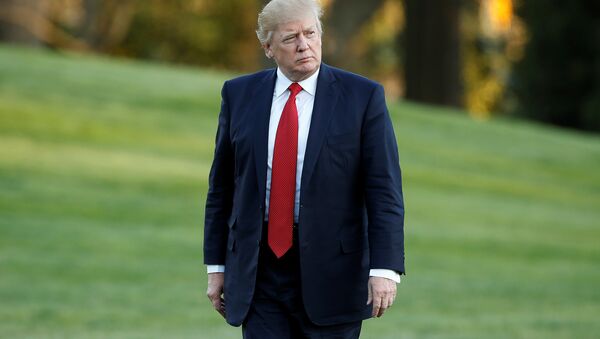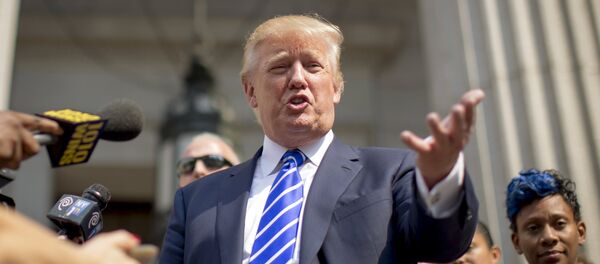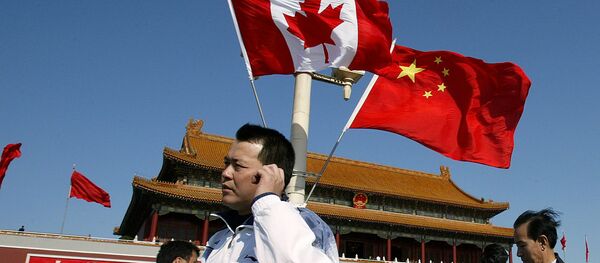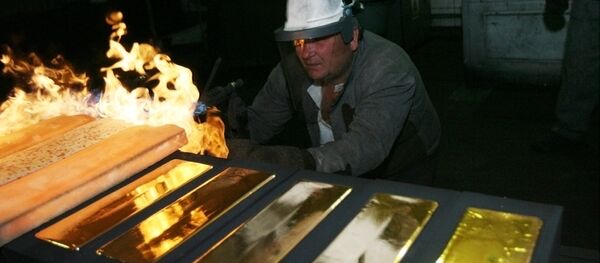Kristian Rouz — In line with his "Buy American, Hire American" paradigm, US President Donald Trump will on Thursday sign a request for a streamlined investigation of whether or not the importation of foreign-produced steel is hurting the US economic and the country's strategic interests. One of Trump's electoral promises was to bring working class US jobs back, and once-thriving and now mired in desolation Pennsylvania, for example, voted for Trump on the strength of this pledge.
Will the economic reality support Trump's intention to make the American steel great again?
Trump is going to sign a memorandum on section 232 of the Trade Expansion Act of 1962 whilst meeting with heads of some US steel-producing companies on Thursday. A likely consequence would be imposing restrictions on steel imports for the reasons of national security. In other words, for many overseas steel exporters that would mean a de-facto US steel embargo.
Factory output prices, from pipelines to cars to electric furnace to shipbuilding, as well as construction costs will increase as one consequence. American-made goods, such as industrial machinery and military vessels and armor-plated vehicles, will increase in price. In order to remain competitive in the international market — unless domestic consumption picks up gradually, which it won't anytime soon — the US will have to devalue the dollar. There is hardly a way around it before the Trump-proposed fiscal stimulus plan kicks in driving a robust domestic expansion, which is unlikely till mid-2018 for political reasons.
"Buy American" provisions "are vital to the health of the domestic steel industry, and have helped create manufacturing jobs and build American infrastructure," Thomas Gibson of the American Iron and Steel Institute, a Washington interest group, said.
As for the more immediate consequences of the steel imports restrictions, US steel worker unions will rejoice. Given the high prominence of the unions in ‘Rust Belt' machine politics, support from the unions will provide Trump with sustainable grounds for re-election in 2020.
Some sort of government stimulus is necessary to offset the negative effects, be that deregulation, tax cuts, or increases in direct budget investment. However, all these measures might take longer to implement.
"Trump has just created more risk for anyone who wants to import steel," steel industry researcher Michelle Applebaum said. "If he puts money behind enforcement, that will force people to play by the rules and that will be a good thing."
The US imported approximately 30mln tons of steel in 2016 compared to 35mln the previous year. Its main overseas steel suppliers are Canada, Brazil, South Korea, Mexico, Japan and Germany. Mainland China and Russia, two of the world's biggest steel exporters, do not rank very high in this list. The United States produced 87.9mln tons of its own steel in 2016, down 0.5pc from 88.4mln tons the previous year.
Among the White House guests invited for the discussion of the state of affairs in the steel industry on Thursday are Commerce Secretary Wilbur Ross and representatives from ArcelorMittal, Nucor, US Steel, AK Steel and Timken.






